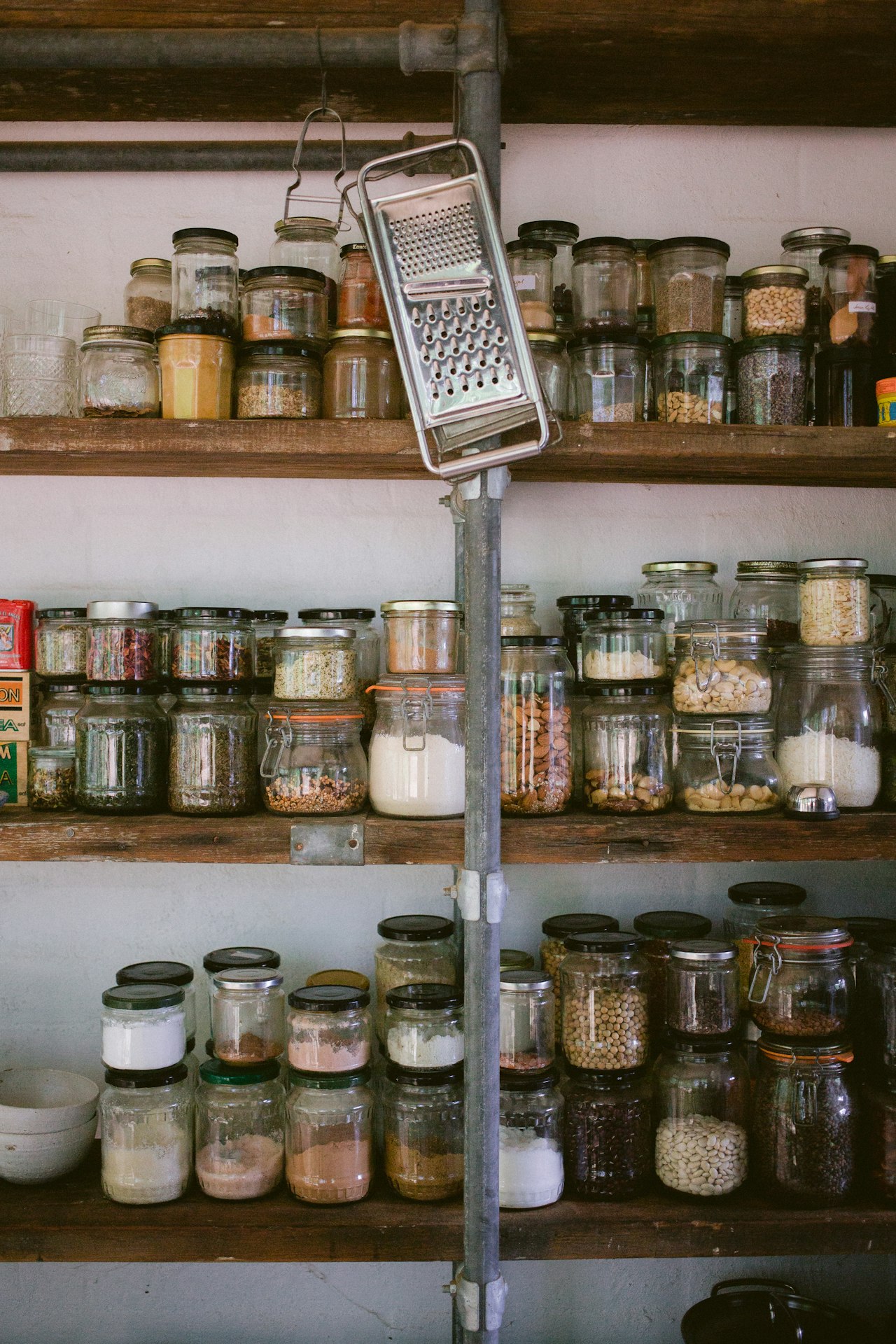There are a lot of things to consider when you are purchasing a new home such as whether you want a homeowners association. One of the most important steps you must take when searching for a home is to know your budget. You know you will have to pay your mortgage, taxes, and insurance each month. You consider the utilities you will need to pay for the home each month as well. But there’s another expense you may want to consider in your budget. There is a good possibility that your dream home may be in a community that has a Homeowners Association (HOA).
Statistically speaking, approximately 60% of recently built single-family homes and 80% of houses in new subdivisionsare part of an HOA. There are pros and cons to being part of an HOA. It’s important to do your research, know what to look out for, and decide if this type of community is right for you.
What Is A Homeowners Association?
An HOA (homeowners association) is a resident-run private organization that governs the neighborhood. The primary purpose of an HOA is to keep the neighborhood’s appearance consistent. They can also include the upkeep of common spaces in the neighborhood and sometimes include the property of each individual home.
If you plan to buy a home that is located in a community with an HOA, you will need to plan on paying the HOA fees. The fees are often monthly and will vary based on the type of home and the location. The more amenities included in the community, the more you will pay in HOA fees. The average HOA fee for a single-family home is usually between $200 to $300 monthly.
What Do Homeowners Association Fees Cover?
Most HOA fees will go toward the basic upkeep of the community. If you live in a winter climate, the HOA will usually hire someone for snow removal. Some will also pay for your lawn mowing and maintenance! They often will provide and maintain walking paths and other beautification areas in the community.
Some HOA’s will pay for certain types of building maintenance, especially in a townhome community where the properties connect to each other. Some of these items covered may include siding, gutters, and the roof. Most HOA’s have an insurance policy that covers these common areas that would not fall under the individual homeowner’s insurance.
Consider Amenities
Many communities have swimming pools, clubhouses, and security. The amenities are there for you to enjoy, but you will pay for the upkeep and use with your HOA fees.
Keep in mind that not all HOA’s will provide the same things. You may live in a community with an HOA that does not take care of your lawn maintenance for you. However, if you don’t keep up with your grass and property according to the rules of the HOA, you may risk fines, which can add more to your overall expenses. If you consider buying a home that has an HOA with it, make sure you know exactly what your expectations are for the property and what the HOA will take care of for you.
Is It Worth Buying A House With An HOA?
The only way to know if it is worth buying a house with a homeowners association is to do the research and weigh your pros and cons. If you are interested in buying a home in an HOA neighborhood, take plenty of time to review the HOA rules, financial records, and meeting notes. Check for any issues that might concern you. Remember that the rules could change when you own the home, and the fees will usually increase over time. So make sure you are truly comfortable with the idea of always having an HOA during the course of owning your home.
The Benefits Of A Homeowners Association
Remember that each HOA will vary; they are not all the same. Some of the possible benefits of an HOA can be:
You can avoid maintenance.
If you don’t like doing your own snow removal and lawn care, it’s a great benefit to have an HOA take care of that for you. If you consider what you would pay someone to do these services, you may save money or break even. Not all HOA communities will mow your lawn. However, they usually will take care of the landscaping of all of the common areas. They may trim trees and bushes and take care of pest control. If your roof and exterior connect to another home, the HOA may take care of roof and exterior upkeep, as well.
The amenities are often a big sell.
You love the idea of a swimming pool but don’t love the maintenance. You may be in for a treat if there is a community pool close by. Some neighborhoods with an HOA have a clubhouse for parties and a fitness center! Tennis courts, golf courses, and playgrounds are often some of the amenities you might find. What a great way to socialize with your neighbors! Some HOA’s will also cover the expense of neighborhood barbecues and events!
Cut out some of your bills.
In some cases, an HOA may pay for shared basic utilities, such as gas and water. They may also pay for city services, such as trash, recycling, and sewer.
Sell your home for more.
When you are ready to sell your home, your house may sell for a higher price than other similar homes that are not part of an HOA. The reason for this trend may be that more people see the value of an HOA. They might love the look of a well-kept neighborhood and enjoy the amenities.
They may assist with conflict resolution.
If you have a neighbor that plays music too loud or a dog that barks constantly, an HOA may advocate for you. In fact, some HOA’s don’t allow dogs at all. They may include other noise ordinances like loud motorcycles or vehicles. You can talk to your HOA about the problem, and they will take care of it, especially if it’s something that violates one of the HOA rules.
The Downside Of An HOA
HOA’s often have a bad reputation. They are not for everyone!
Too many rules about a house YOU own.
Some HOA’s can be downright picky. If you are a unique individual who loves to stand out from the crowd, an HOA might not be right for you. If you buy a home in an HOA community, you may have to follow their standards and rules, such as paint colors, fencing, and landscaping. You may not be allowed to own pets or only certain types of pets. There may be limits on the size and type of gardening on your property. Often, there are no swimming pools allowed. You have to keep your grass cut to a certain length at all times or risk fines. Don’t allow too many cars in your driveway or risk fines if it’s consistent (outside of an occasional party).
The mandatory fees.
Yes, the fees are mandatory. There is no way of getting around it. The fees or dues are used for various things, such as payment for employees who work for the HOA or a reserve fund for emergencies such as wildfires, hurricanes, and floods. The fees can be expensive and will almost always increase yearly. Just make sure that you find value in what the HOA fees cover, so you aren’t resentful.
There is a risk of lien or foreclosure.
Yes, you read that right. As previously stated, there is no way of getting out of the fees, even if you don’t use the amenities. If you fall on hard times or choose not to pay your HOA dues, you may be at risk of the HOA placing a lien on your property. You could potentially lose your home to foreclosure. This is typically a last resort and not common.
They may be too picky.
You may be in violation and face fines for some things that can seem absurd to you. Some examples are a cluttered driveway or sidewalk, leaving your garbage can in front of the house for too long on trash day. Don’t leave your kids’ toys, bikes, and sports equipment out in the yard or driveway past certain hours. Another common complaint is the unkempt home exterior, such as broken shades visible in the windows and peeling paint. In other words, you must do regular check-ups to make sure you notice and repair anything that falls out of line immediately.
In Summary
Living in a planned community with an HOA can be a blessing if you value the amenities and benefits over full control of your home. If you are not certain, talk to your real estate agent, as they can offer insight and guidance.
























































